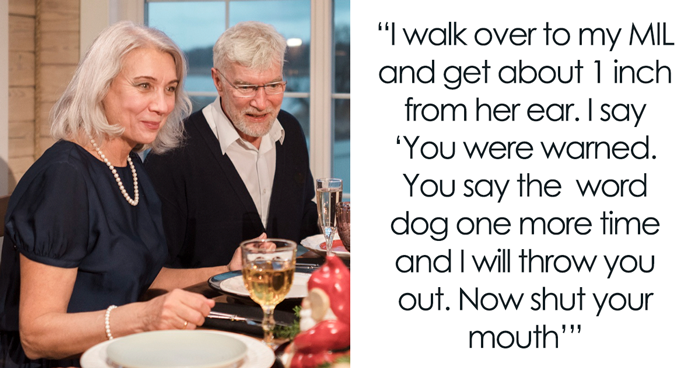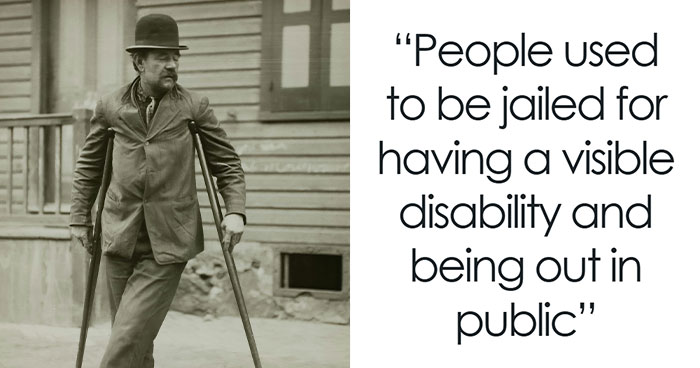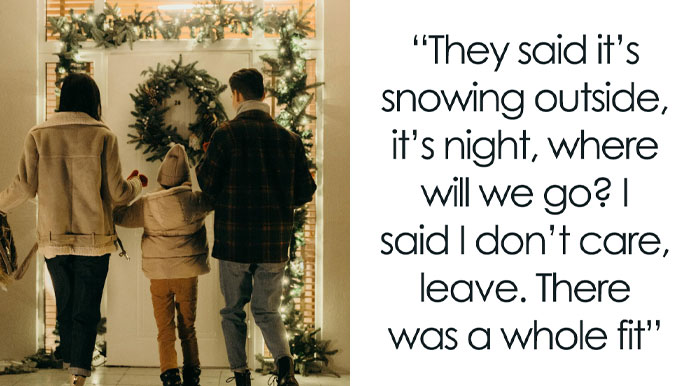This question is for fun. You don't have to actually make it!
This post may include affiliate links.
Life skills: budgeting, critical thinking, car and home care, clothes care and repair, first aid, writing a CV, basic law and individual rights, communication skills, etc.
actually in my high school there were mandatory classes you had to take, named living skills: it included education on healthy eating, birth control and sexual diseases, drug abuse/addiction, how to do CPR, how to 10finger type on keyboards, how to properly behave (politely, safe and politically correct), how to write applications (not only for college), how to not offend your hosting country (very important especially when traveling as a group of Americans), safety around household, easy and simple cooking skills and a lot more fantastic life hacks. I really liked that class and my teachers a lot!
Common sense and Practical thinking. So basically it'll be about thinking and acting rationally and about what could be the best course solutions to everyday situations and problems.
Basic Human and legal rights. The second you become a young adult you need to be taught things like When you have to talk to police and when you don't. Denial of services Use of public property What is and how to report discrimination.
mine would be notes :) id do lots of research for each subject write all info on a pdf then let students write them then study it to help :)
This is basically how my Grade 6 teacher taught. Just wrote a ton of notes all morning or afternoon on the chalkboard for us to copy on paper. I learned a valuable skill: How to write something while your mind is completely somewhere else.
Career/growth planning. Basically a subject about how to pick a good job/career/life plan for yourself.
Luckily these classes were offered at all schools I went to, though they were mostly extra curricular classes you could take (but also got credits for). I went to public schools only, in the US, Germany and France: they all offered it, but we are talking thirty years and more ago...
Video Game Lore Analysis
Basic First Aid and survival: CPR (during pandemic, maybe just the chest massage part which is more important than the breathing), what to do in fires, accidents (e g. not move helmets in motorcycle accident, etc), heimlich maneuver, how to recognize medical emergencies, and for the US, maybe even how to deal with school shootings (sad that I should even mention this)(one tip I learnt is play dead and cover yourself with the blood of other victims), how to leave signs if you are kidnapped (there is hand gesture for this by the way, shown in tiktok). Regarding medical techniques, especially in rural areas where you can't get a doctor/ambulance fast enough, this can save a life. Most of these things are simple and do not require that much scientific preparation, just a bit of practice.
We learned a lot of this in our Health classes in high school in Australia. (BTW the Heimlich maneuver is actually not that effective and hard to get right. In Aus it has been removed from first aid manuals and back blows are taught instead. Do Americans still use this or is it just in movies?)
Networking and social inclusion. How do people meet other people who can help each other get a head and meet goals, for business and just making friends. Body language science would be super helpful for those who are socially awkward and prefer to observe others before interaction. Tbh, I think all the existing classes need a major overhaul and improvement. More encouragement of independent thinking, allowance to question materials being taught, acceptance of out of class research and studies to be put towards grade or added to topics being taught. Less repetitive memorization style learning and more class engagement. Would be great if Art had more focus and funding, and more colour theory, explanation of light and shadow, proportions, experimentation of new ideas, values, etc. There should be more diversity of mediums, such as oil paint.
Most Australian primary schools these days have a wellbeing program that teaches social and communication skills which is great. This includes things like body language and healthy relationships etc. Teachers are also more likely to teach children through hands on, flexible learning. It was one of the things we focused on in my teaching degree. This includes critical thinking, and different ways to work out answers in maths. (I learned a lot more easily in the maths units for my degree than I did in school I think) It often amazes me when I see American tv shows and most of their learning is through rote learning or endless notes and dates and stuff. It is no wonder there are so many people who struggle with school.
Kid Napping class. a class where kids can nap/read/other during the school day.
Oh lmao I thought you meant kidnapping- as in teaching kids how to be kidnappers
how to handle rental places and more financial skills, how to build good credit/what to avoid.
We a lot about this in our Economy & Society class in Australia. We each did a projects where we had to do a mock purchase of a house, or car, or take out a loan etc. I really loved this class because it taught us some great skills. We even did mock interviews and stuff.
Civility 101 Courtesy, respect, and appreciation for others. Teamwork and flexibility. How to be open to other peoples opinions, thoughts and ideas, etc.
Morse code.
I think we did do this in Primary school but I'm wracking my brain as to what it related to!
Not a class, maybe. I would have liked more than two internships during school. Or maybe something like trial days… We (in Germany) do two internships between 6th and 11th grade. We have to go to the workplace we think we would like to work at in the future and ask/ apply for an internship ourselves. Then we „work“ there for two weeks and have to write a report about it for our school. It is normally unpaid but more often then not we get a little compensation. Plus: it might lead to an apprenticeship (we do 3 year long apprenticeships to learn a work/ craft from the bottom up. It‘s half at the work place and half in a special school - and it is paid and has all benefits like paid vacation and such). You need an apprenticeship if you want to work in certain fields. But anyway: I would have liked more than two internships.
We only got to do work experience once in high school (Australia). It was very similar to your internship. I think we had to get at least $5 a day for the two weeks to pay for transport. I went to a Kindergarten and got my first babysitting job from it :) The apprenticeships sound like what we could do in Victoria (my state) if we chose. If you didn't want to do study that usually led to uni, in year 11 and 12 you could do Victorian Certificate of Applied Learning, instead of your Victorian Education Certificate. Two days would still be spent at school, doing numeracy, literacy and things like community engagement. One day would be spent at a TAFE or Uni doing a particular subject related to the work you wanted to do, and two days would be paid employment in that particular field.
Training (not teaching) independent thinking. Discussing how perception colors your reality, how different news media report the same political event (I don't want to push anyone to take sides, rather just be aware that there are different ways of looking at the same thing), monitoring changes in our own views in life at different ages and even at different times in the day, how experience will sometimes make us look for patterns, which is an evolutionary trait that can protect us or alternatively and unconsciously create prejudice... Mastery of thought is a wonderful thing, most of us cannot harness this power, and many of us are carried away by it being used indiscriminately (worrying instead of being proactive, for example)
We did a lot of this in high school in Australia. In English in particular we learned about critical thinking and analysis. Each unit we had to relate our book/movie/newspaper articles/debates etc to the wider world and social norms in the past and present. We also learned about ethics in English, Psychology and Legal Studies.
Animal rights. Learning about animal testing and proper care of pets and stuff. I know at least middle schoolers could take it.
I didn't do biology, so maybe they did this in that, but I did learn about animal testing when I did science units for my education degree. One of the very first lessons was why scientists use animal testing. My teacher did sound a little biased when she said she opposes any dissections in schools, but I completely understood her point. She also explained why being a vegetarian (or at least limiting your consumption of meat) is much better for the environment, which I don't think we had covered in school. These are things it would have been good to learn in high school.
I don’t think kids should learn the way we have. Getting up at 7am (or earlier) just to be tired and not realize where you are until around 11am? Nah. I’m not having kids but if I was, I’d totally homeschool. If they have to go to school, they could use cooking/shop/woodworking/practical skills classes. Something like that.
Thankfully the education system (at least in Australia) has come a long way from the old rote learning style of the past and has introduced a lot more practical classes. I think one thing that would be good to go back to in primary school though is nature studies. My grandad was a teacher in the 50-90s and some of the things they learned about animals, plants and insects sounds cool.
Who remembers Civics, Home Economics, Cooking Class, Wood Shop, Auto Repair, and these were in the SFUSD in the 90’s.
In Australia kids still do a civics and citizenship unit in grade 5 or 6 (when they usually have a camp in Canberra, our capital city). Home economics is now separated into Food Tech and Economy & Society in Highschool and everyone has to do it. They also (at my school) had to try each of the electives at least once in year 7 and 8. This included Food Tech, Art, Wood Tech, Metalwork, Textiles, and Visual Communication & Design. That way you knew what they were like before you picked your electives in year 9.

 Dark Mode
Dark Mode 

 No fees, cancel anytime
No fees, cancel anytime 


























































